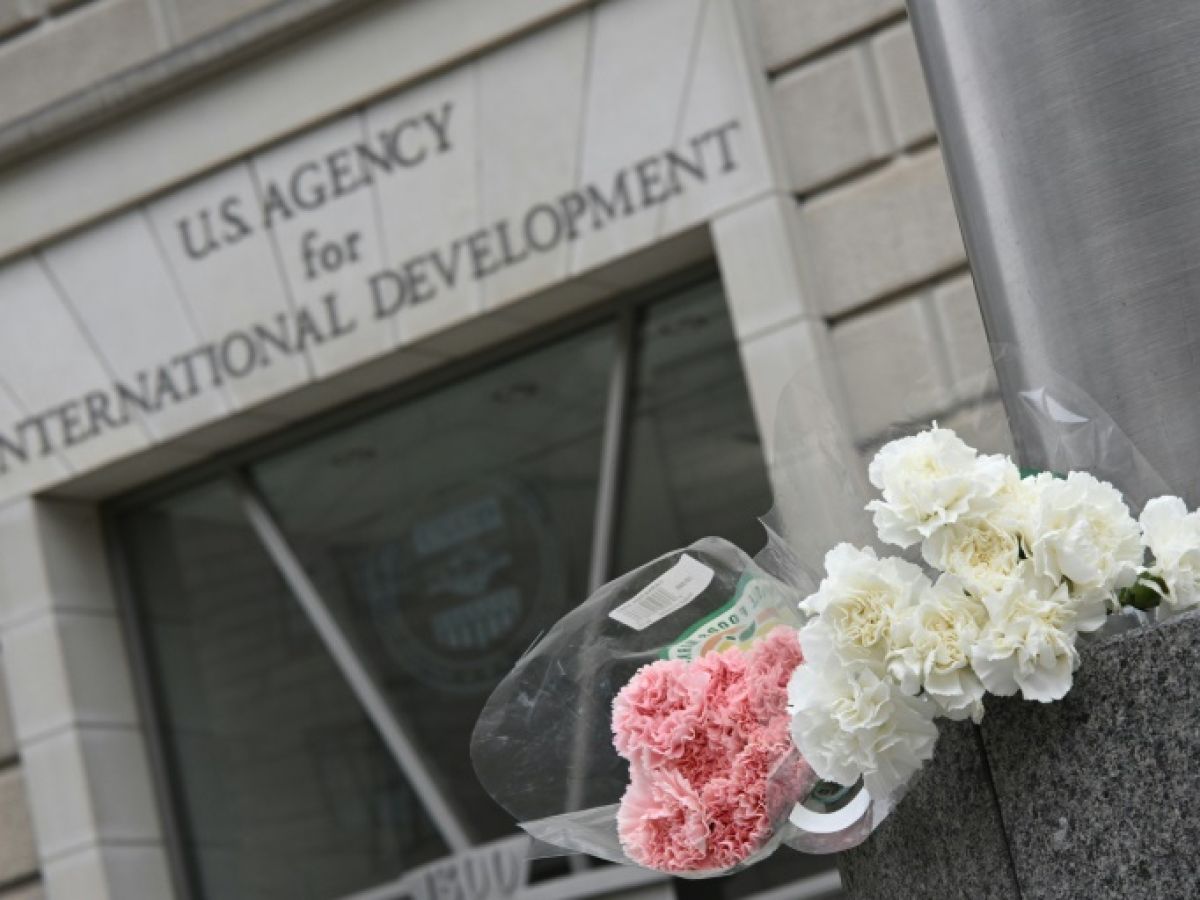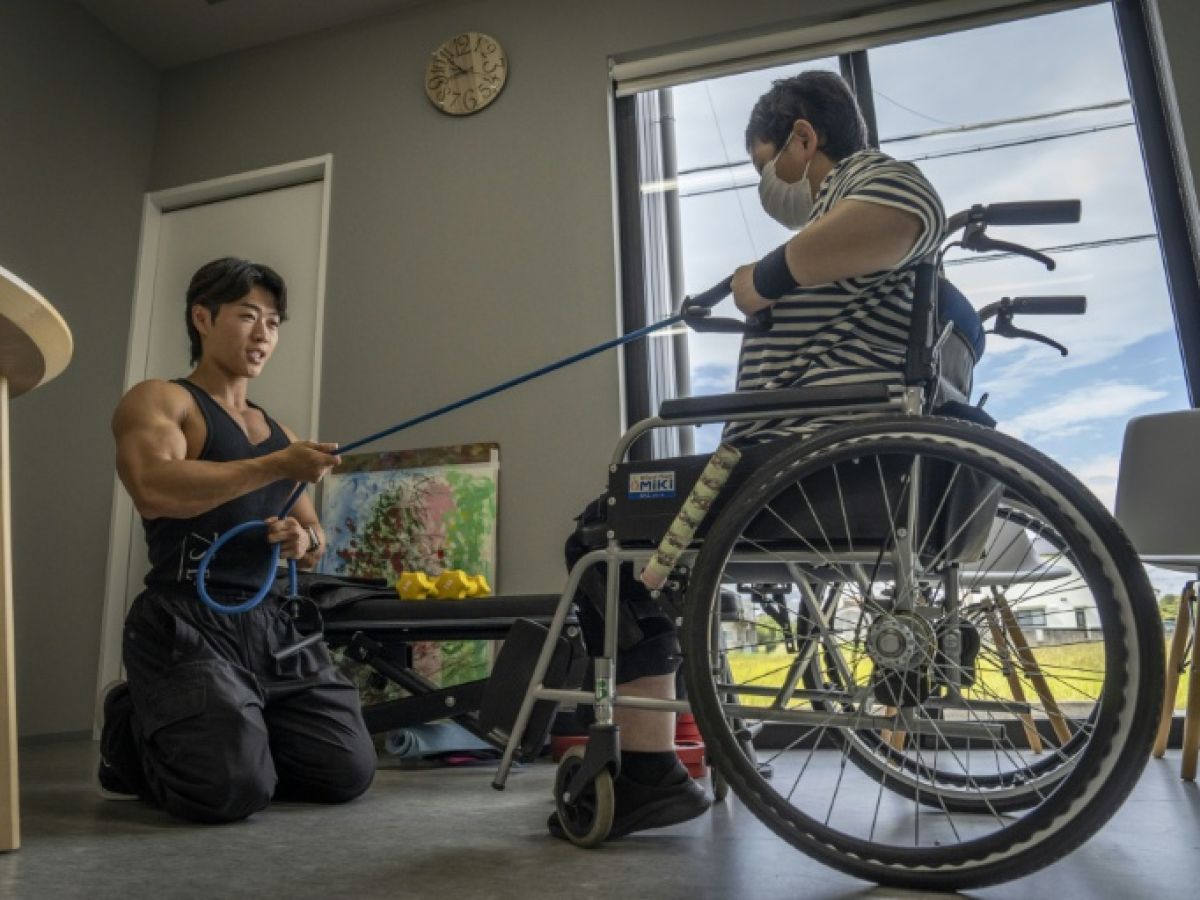A few days after the announcement of the US aid freeze, Hellen Anyango feverishly counted her stocks. At the beginning of February, she had three boxes of antiretrovirals (ARVs) left, a week's supply of this treatment essential for living with HIV, which the Kenyan contracted 19 years ago.
"If I don't take them, I can't be well," the 43-year-old mother of four told AFP from her modest home in a village in Kisumu County, western Kenya.
According to estimates, more than 11% of the population of this county bordering Lake Victoria is HIV positive, compared to an average of about 3% nationally.
"I don't know if our families will lose us or what to expect," she adds.
Like millions of people around the world, Hellen Anyango owes her access to expensive drugs, which limit the multiplication of the virus in the body, to Pepfar, a program to fight HIV/AIDS launched by George W. Bush in 2003. In Kenya, these antiretrovirals are mainly imported from India.
Pepfar was suspended in late January when new U.S. President Donald Trump signed a 90-day freeze on most foreign aid programs, a move that shut down many clinics in Kisumu. And the program's future remains uncertain.
"When someone says you can't get your medicine and it's a life-saving medicine... it's like an act of declaring war," says Erick Okioma, head of a community program that helps people living with HIV.
More than 135,000 people are living with HIV in the county, a situation that the 61-year-old, who has lived with the virus for 25 years, attributes in part to "sex for fish". A widespread practice on the lakeshore, where women have sex with fishermen in exchange for fish, which they can then sell.
While the impact of the American decision is difficult to quantify, its effect is already "devastating", he emphasizes, pointing out in particular the abrupt end of many support, research and prevention programs, as well as the work stoppage of health personnel authorized to manage the sensitivity of the disease.
And neither the announcements of "exemptions" which shortly afterwards authorized the temporary resumption of activities deemed vital, nor an American court decision which blocked the freeze at the end of last week, have had any effect on the ground so far, he indicates.
– “Great confusion” –
These exemptions have caused "great confusion," Okioma said.
"People are not going to get their treatment," he warns.
"People don't know what this exemption means," said Isaac Rabari, 53, who also lives with HIV, outside the closed doors of the small Tivoli clinic in the big city of Kisumu, where he worked as a counsellor.
Most of the specialized health centers funded by Pepfar are still closed. And public institutions do not represent a credible alternative when many patients fear being stigmatized, says Okioma.
This is particularly true among adolescents, points out Evelyne Mutobwa, 45, who worked for the Migosi health center, also in town and at a standstill, where 172 young adults were being treated.
"Most of them said that if we expose them to the community, everyone will know that they are on treatment," she said.
- " Responsibility " -
According to 2023 estimates from the US Embassy in Kenya, the United States has invested at least eight billion dollars in the East African country through Pepfar, notably providing access to ARVs to 1.3 million people in 20 years, and saving "millions" of lives.
Faced with the prospect of a dismantling of American aid, the national network NEPHAK, bringing together organizations and HIV-positive people, tried last week in Nairobi to answer a question: how to avoid going backwards in the country where nearly 1.4 million people are now living with HIV?
At the heart of the discussions is the fragility and dependency of the health system, while the Kenyan Ministry of Health has declared that it has six months' worth of HIV treatment.
“I want the Kenyan government to take responsibility,” NEPHAK executive director Nelson Otwoma said, noting that 28% of HIV-positive people rely on Pepfar for their ARV treatment. “We are not under Trump’s responsibility.”

